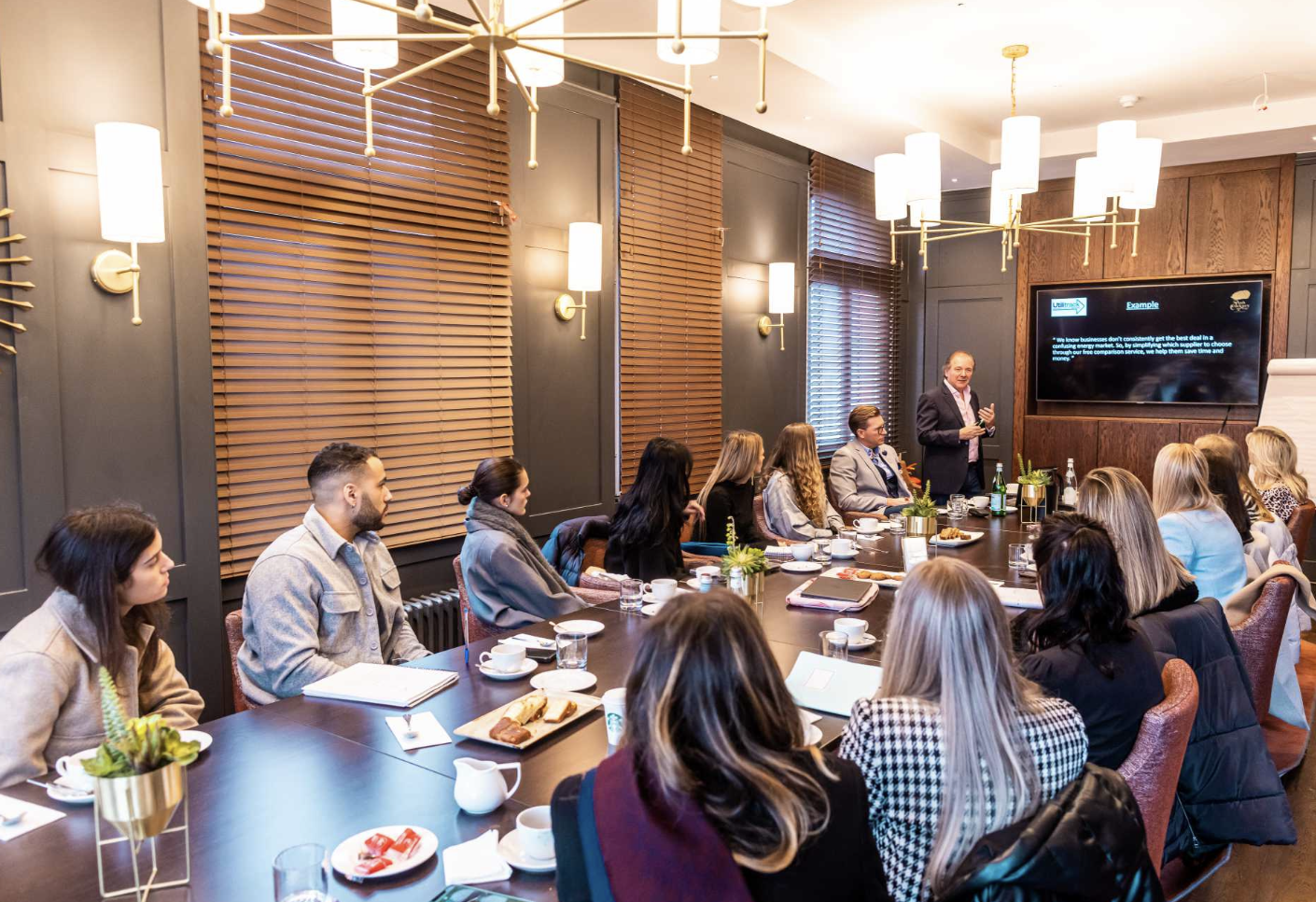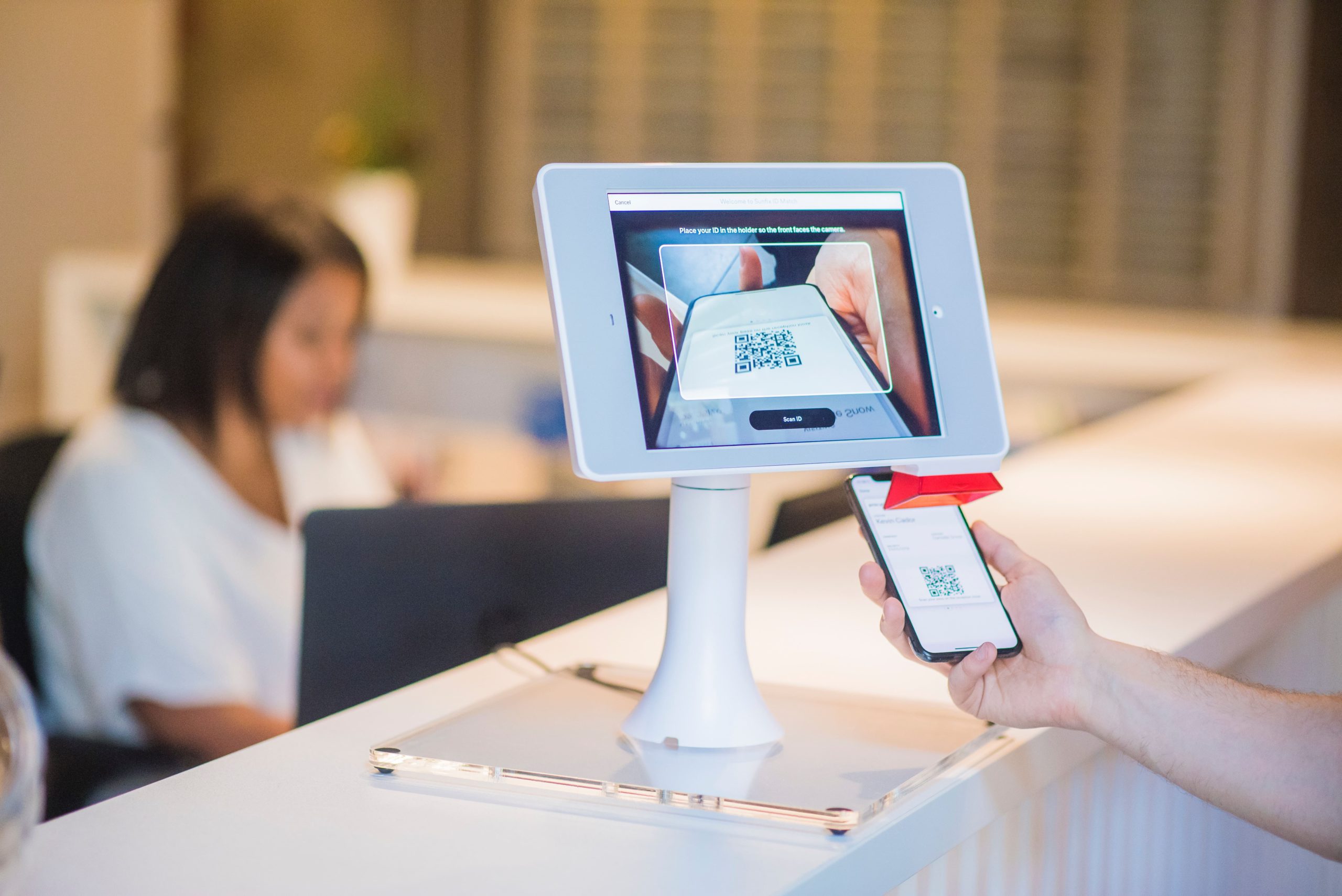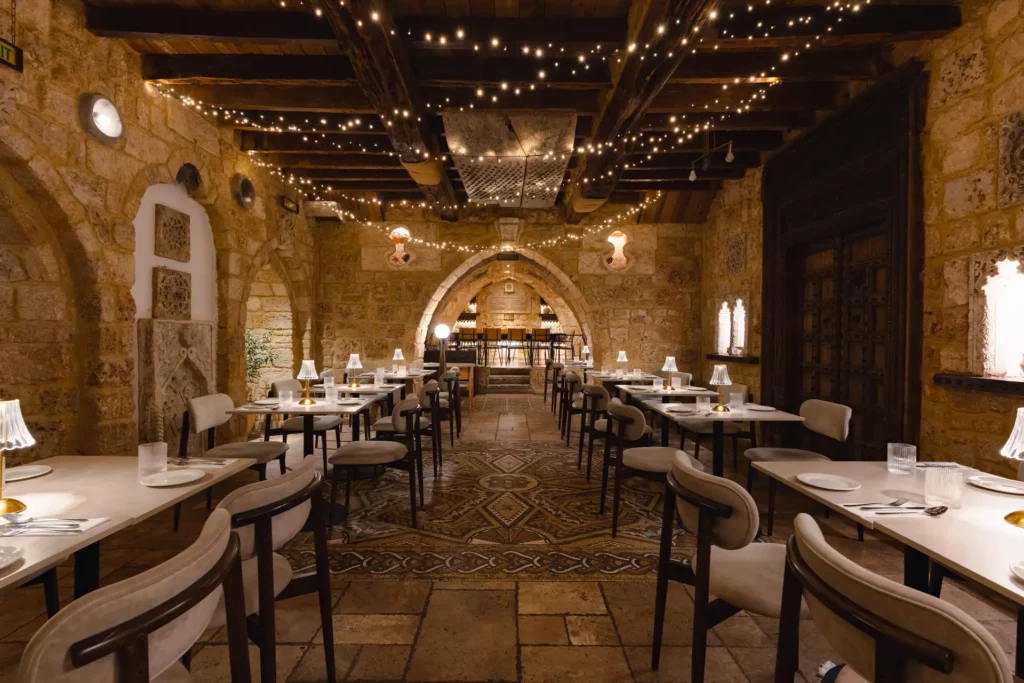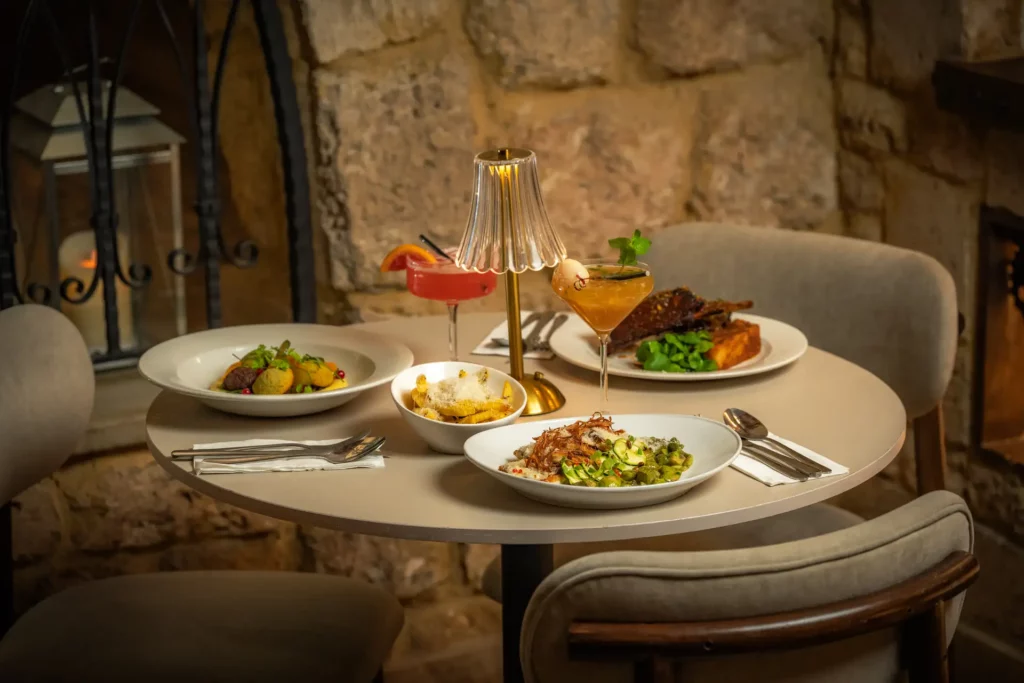In today’s increasingly digital world, fewer and fewer humans are being needed for work positions. Can artificial intelligence achieve the same results as humans in an industry like hospitality, where excellent service is vital for creating memorable customer experiences?
What is hospitality?
While the industry itself contains businesses like hotels and restaurants, in practice, hospitality can be defined as a friendly and welcoming service that makes customers feel individually appreciated and encourages them to return again.
But who can provide this service? Humans. From the second you enter the door of a hospitality business, details such as complimentary champagne and a welcome basket already create a good impression, however the smile you receive, a good conversation, voluntary help and more, also matters – creating a sense of feeling valued at all times.
“People will forget what you said, forget what you did, but people will never forget how you made them feel” (Maya Angelou).
How effective are robots in the hospitality industry?
Using a machine that appears like a human person and can be trained specifically for certain needs offers hospitality multiple benefits:
- Low risk of staff shortages as robots can never call in sick
- Cost effective
- Less time consuming. Faster and more effective check in /check out
- Ability to gather data from clients and therefore be able to successfully personalise their experience.
However, despite their benefits, robots are not able to empathetically interact with a guest as a human can, which can damage the customer’s experience, potentially making it less memorable. Also, without humans, the data collected by the bot would not be able to be effectively used.
What about technological improvements?
Hotels, bars, restaurants and venues in general will always need human people to match their values and objectives; however, multiple tools have been developed to enhance customer experience and facilitate the work of employees. Some of these are:
- Remote check-in and check-out.
- Room keys via smart phones.
- Mobile ordering and paying (use of QR codes displayed in restaurants and bars).
- CRM (Customer relationship management: a tool used to control active and potential customer relationships, data, bookings and information necessary to meet the expectations of the customer).
- BotChat services (available 24/7 and solve most problems).
Overall, technology is an outstandingly fast growing industry: by 2025, it is expected to have connected an additional 4.3 billion people. Innovations and improvements will always be advantageous for the hospitality industry, often decreasing costs, minimising environmental impact, improving safety and more.
Perhaps one day in the future we will live in a robotic world – but it would be a lie if we said that digital hospitality can replace the kind of service humans provide. Creating a real connection with customers is an ability only humans hold – for now…
But what’s better than a singular human being? A whole team of hospitality and lifestyle experts. Get in touch with Posh Cockney today to find out how you can better connect with your customers and create memorable brand experiences.










